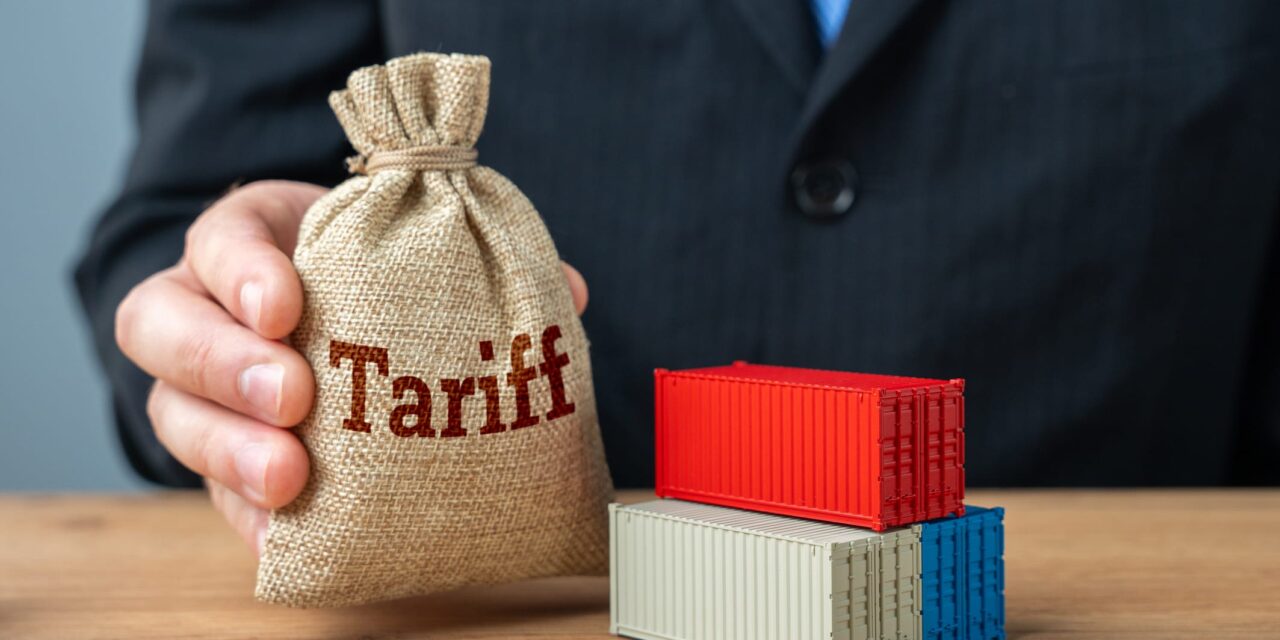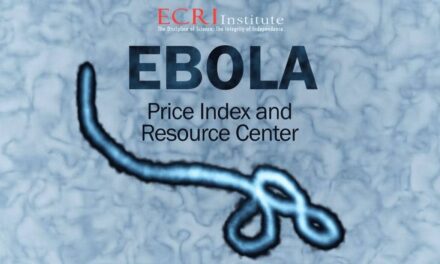The medtech association warns tariffs on medical products could drive up costs, limit innovation, and disrupt patient care.
Summary:
AdvaMed, a medical technology trade association, is urging the Trump administration to exempt medical devices from newly imposed tariffs on products from Canada, Mexico, and China. AdvaMed president and CEO Scott Whitaker warns that these tariffs could function similarly to an excise tax, leading to reduced research and development (R&D), higher costs for healthcare payors and patients, and potential job losses. He also highlights the logistical challenges of shifting manufacturing due to FDA approval requirements. The organization argues that, as in President Trump’s first term when medical devices were largely exempt from China tariffs, a similar exemption is necessary to prevent supply chain disruptions and maintain US medtech innovation. AdvaMed plans to monitor the impact of tariffs and share its findings with the administration.
Key Takeaways:
- Tariffs Could Disrupt the Medical Technology Supply Chain – AdvaMed warns that increased costs and regulatory challenges in shifting production could lead to shortages of critical medical devices.
- Potential Impact on Innovation and Costs – Whitaker argues that tariffs function like an excise tax, potentially reducing R&D investment, leading to layoffs, and raising costs for patients and healthcare payors.
- Industry Seeks Exemption Similar to Previous Administration’s Policy – AdvaMed is advocating for an exemption similar to that granted during President Trump’s first term to mitigate risks to patient care and US medtech innovation.
AdvaMed, a medtech association, is urging the Trump administration to exempt medical technology from newly imposed tariffs on products from Canada, Mexico, and China, citing potential risks to the US healthcare supply chain.
In a statement, AdvaMed president and CEO Scott Whitaker expressed concerns over how tariffs on medical products could impact patient care and industry innovation. He notes that, due to similar concerns during President Trump’s first term, an exemption was provided for most medical devices with respect to the tariffs on China.
“Our industry is heavily regulated: FDA decides what products can be put on the market, and then Medicaid, Medicare, and the VA largely determine the reimbursement for procedures using medtech products. This means tariffs impact American companies similarly to an excise tax, which would lead to less R&D/innovation, layoffs, higher prices for the above-mentioned payors and patients, or all of the above,” Whitaker says in the statement.
He warns that the increased costs posed by tariffs could “resurrect the climate of concern the medical device excise tax created for nearly a decade.” There are also logistical challenges of shifting manufacturing in response to tariffs, he points out, given US Food and Drug Administration approval requirements for facility changes.
Whitaker further notes that tariffs could hold back innovation in the US medtech industry. “R&D spending would likely be the first and most direct casualty, threatening America’s medtech innovation leadership,” he says in the statement. “And increased tariffs may even have the unintended consequence of boosting the competitiveness of medtech industries of other nations.”
AdvaMed, Whitaker notes, plans to continue advocating for a medical technology exemption, arguing that supply chain disruptions could lead to shortages of critical medical devices and negatively affect patient care. AdvaMed will also monitor potential effects of the tariffs on the medical technology supply chain and share its findings with the administration, according to Whitaker.





